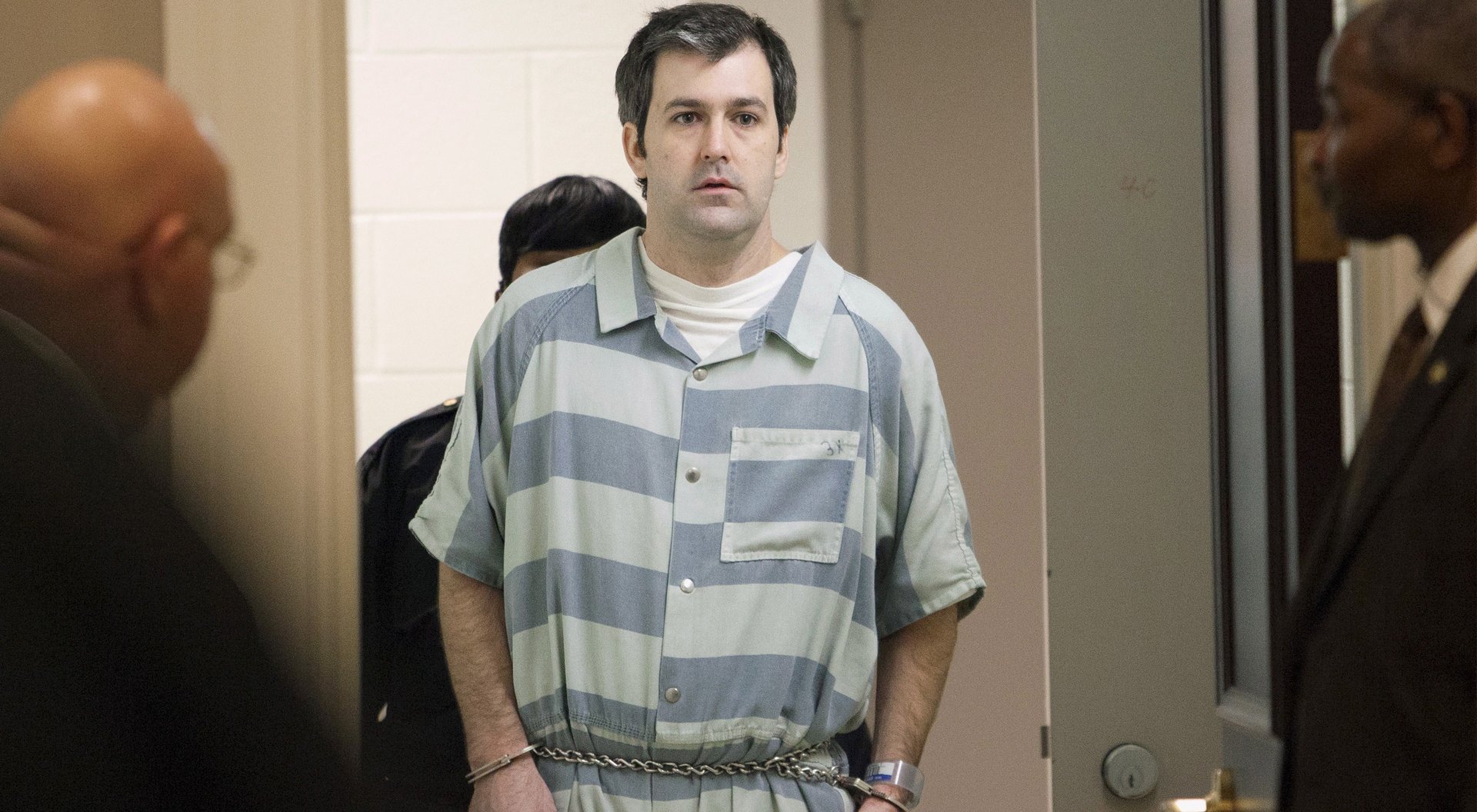Why even slam dunk video evidence couldn’t win a conviction in the Walter Scott mistrial
This case was a no-brainer.


This case was a no-brainer.
Cellphone video of Walter Scott’s April 2015 murder sent shockwaves through social media. It was an incredibly clear-cut example of police brutality in America, specifically the killing of unarmed black and brown men by police officers. Scott, who had originally been pulled over for a non-functioning brake light, was fatally shot five times by North Charleston, S.C. police officer Michael Slager—all while running away. He probably never saw the deadly bullets coming.
But while Scott may have been unaware of his impending death, Slager shot to kill. After Scott was on the ground, Slager also appeared to have instigated a cover-up, dropping a Taser next to Scott’s limp body before asserting over his police radio that Scott grabbed it. In a matter of days, Slager was fired and charged with murder. And yet somehow, the jury in Slager’s murder trial couldn’t arrive at a unanimous guilty verdict, leading the judge to declare a mistrial on Dec. 5.
Justice has eluded America once again. But if bystander video footage isn’t enough to convict officers who murder unarmed citizens on camera, what will be enough? Perhaps it’s finally time to grapple with a painful reality: The US justice system is not equipped to hold law enforcement accountable for abusing their state-sanctioned use of force.
According to a letter sent to the court by the jury foreman, one juror stood in the way of justice. In a letter to the court, the juror stated they couldn’t “in good conscience” find Slager guilty, and that “I cannot and will not change my mind.”
We don’t know who the juror is. We don’t know what their rationale was.
But it is a reminder that not all juries are created equal. This paradox becomes even more important in cases marked by racial disparities and implicit anti-black bias perpetuated by law enforcement. In this case, most of the jurists looked nothing like Scott, nor did they reflect the demographics of North Charleston, which is 47% black, 38% non-Hispanic white, and 10% Hispanic or Latino of any race. Instead, six white men, five white women, and one black man sat on the jury.
Scott family attorney Chris Stewart told CNN that his team also believes that one white holdout ignored the evidence and testimony they presented. But what’s more telling, as Stewart said, is that “all the other white jurors were with us.”
While frustrating, this is arguably good news, and prosecutors have already announced that they’ll retry the case. But even if they’re successful on the second try, it doesn’t change the fact that it’s exceedingly difficult to convict officers on a murder charge. “These are difficult cases for prosecutors,” Seth Stoughton, a former police officer and assistant professor of law at the University of South Carolina, told the Washington Post. “Still, this was a particularly egregious case. I can’t say that I expected a murder conviction, but I admit that I expected a manslaughter conviction.”
And video evidence is not the slam dunk outsiders may believe. Some of the most high-profile recent incidents in which police officers were not convicted—or often even indicted—in the killings of minority men have included video evidence. These include the murders of Tamir Rice and Eric Garner. At this point, it’s hard to have any faith that video evidence will be enough to ensure police accountability, this despite the increased deployments of body cameras in areas such as Chicago and Los Angeles (although not in New York City).
After Scott’s final moments went viral, the calls for body cameras on police officers gained considerable momentum as a strategy to deter police misconduct. But what message does it send to black people that, even with incontrovertible video evidence, a jury still may be unable manage to render a guilty verdict?
“The point is, simply, that the presumption of innocence, a cornerstone of our criminal-justice system, at least in theory, is rivaled by another American tradition—the presumption of guilt that weighs upon black Americans and the devastatingly disproportionate punishments it wreaks upon its victims,” writes Steven Hale. Like the holdout jurist, some people are unable to let go of their unflinching and uncritical belief that law enforcement is always right.
To be black in America is to know better than that.